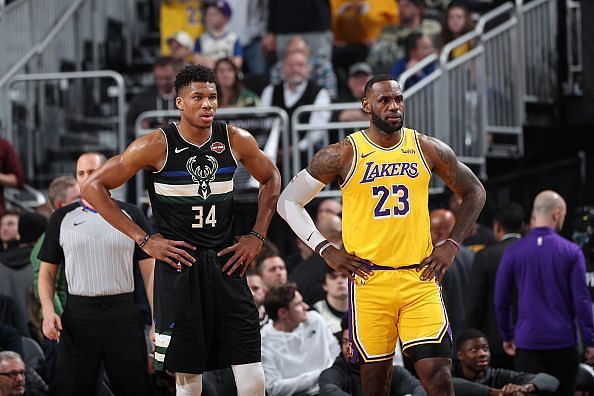
NBA All-Star Game: 3 Reasons why fan voting needs to end
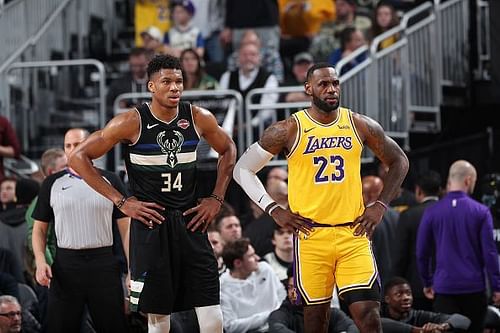
We are two weeks removed from the 2020 NBA All-Star Weekend slated to take place at the United Center in Chicago, Illinois from 14th to 16th February. Both the starters and the reserves from the two conferences have been announced with the captains' draft set to take place next Thursday.
One of the major activities in the build-up to the All-Star Weekend is the fan voting which accounts for 50% weightage while deciding the starters for the marquee game. This time, fan voting began on Christmas Day and concluded on 20th January 2020.
While it certainly brings in fan engagement, fan voting does more bad than good as far as representation of the truly best players in the league is concerned. Let us now have a look at why fan voting needs to done away with for NBA All-Star Games.
#3 Voting anomalies
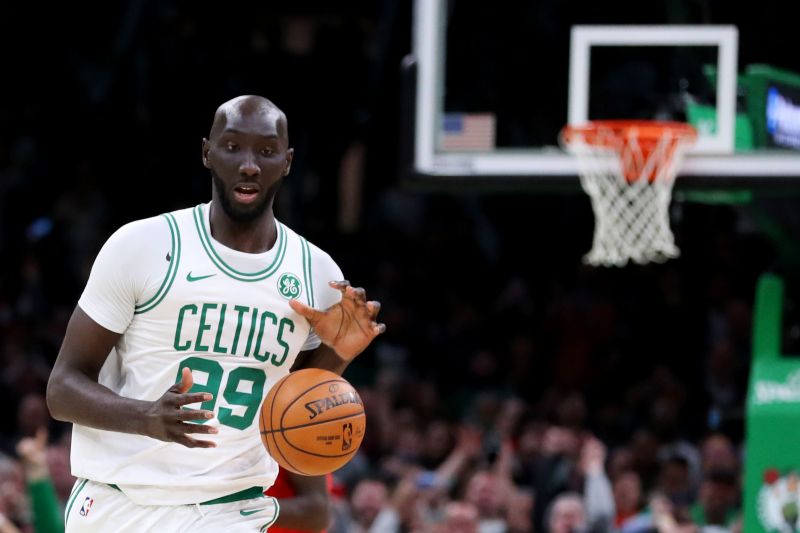
It was only back in 2017 when the then Golden State Warriors center Zaza Pachulia missed out on being named an All-Star starter by a mere 14,000 votes. This year, it's the curious case of Alex Caruso of the Los Angeles Lakers and Tacko Fall of the Boston Celtics. Almost every year we see some fan-favorite player getting a huge number of votes despite being nowhere close to the required quality to be amongst the best players on the list.
Caruso tallied the fourth highest votes amongst guards in the West, ahead of the likes of Russell Westbrook and Donovan Mitchell. Similarly, Fall racked up the sixth-highest vote tally amongst East frontcourt players, more than Bam Adebayo and Domantas Sabonis.
Fans cannot be expected to put their personal bias aside and as such, fan voting often results in an inaccurate representation of the league's best players.
#2 Little consideration for playing status of superstars
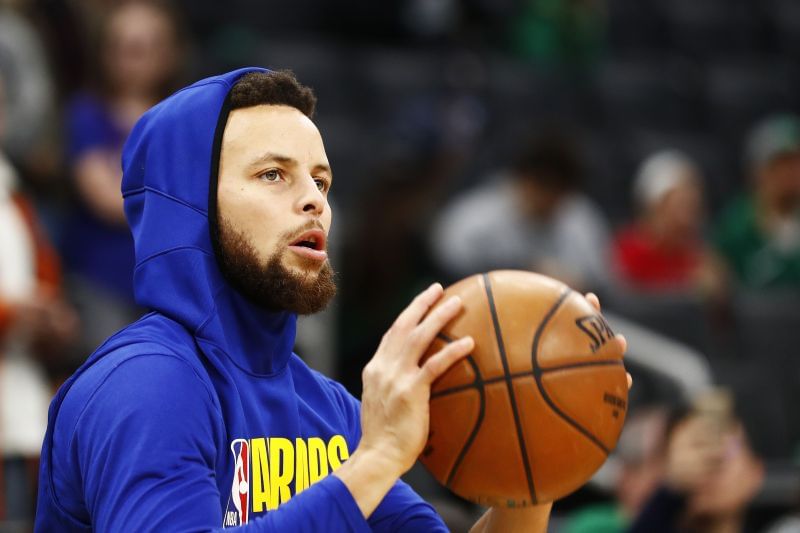
While you expect the marquee players of the league to top the voting charts, fans often fail to consider the fitness issues for certain stars. Irrespective of the number of games played up to that point in the season, superstar players are bound to receive a good chunk of votes despite not having featured enough that season to command such fandom.
This often takes away the limelight from players who have been grinding it out in their stead and are having brilliant seasons of their own. The likes of Steph Curry and Kyrie Irving are the best examples. Curry got injured at the beginning of the season and is yet to return but raked in the 6th highest votes amongst all guards in the West. Kyrie has also played only 18 games so far this season but received the 2nd-most votes for guards in the East.
Thus, there is a need to move away from fan voting in order to recognize the efforts of those players who have actually been playing well instead of focusing on the established stars.
#3 Not enough representation for small-market teams
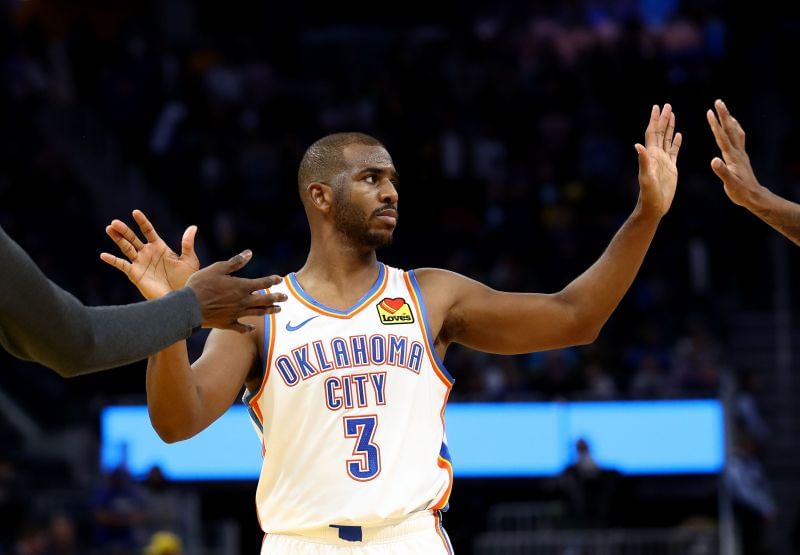
It goes with saying that bigger the size of the market in which an NBA franchise is situated, greater the chances of bagging fan votes. There's a reason why players from big-market teams such as the Los Angeles Lakers and Boston Celtics rank higher in All-Star voting despite not being the most dexterous talents.
At the same time, players from small-market teams such as the Oklahoma City Thunder, Indiana Pacers and Utah Jazz amongst others fail to grab enough representation on the voting leaderboards. The likes of Chris Paul and Rudy Gobert were outside the top 10 of their respective category in terms of fan votes. The former has scored the most clutch points in the league while the latter is in the running for a third consecutive Defensive Player of the Year award. More importantly, both these players were named All-Stars earlier today.
Thus, getting rid of fan votes will take away this size-based advantage that players from such teams will carry, thereby giving more opportunity to players from franchises in considerably limited markets.